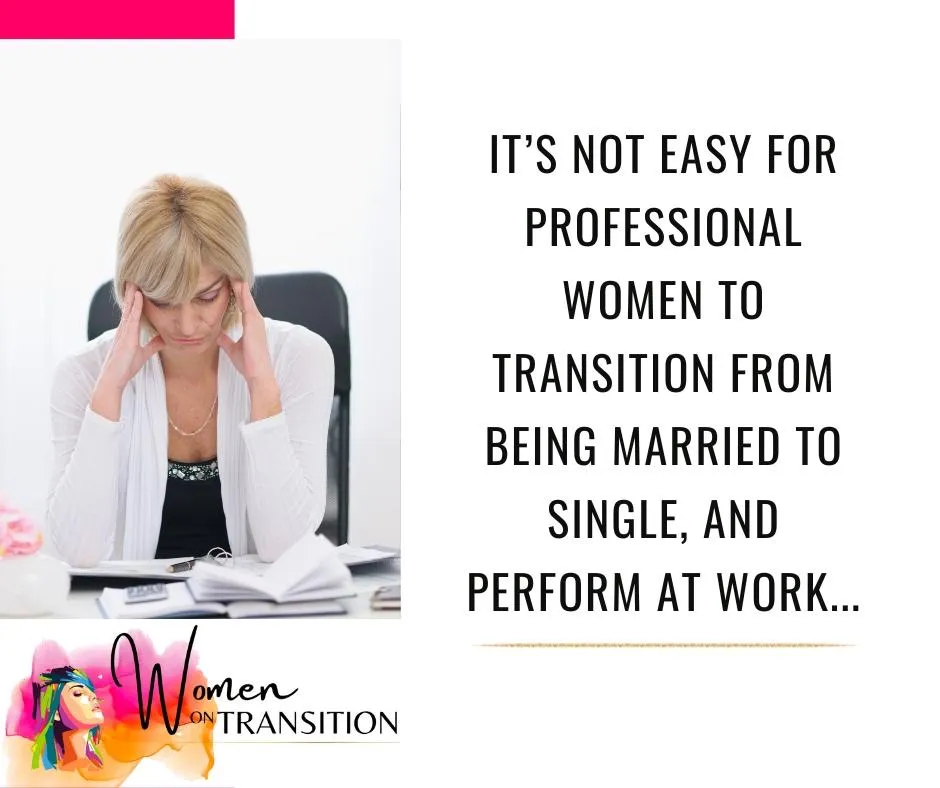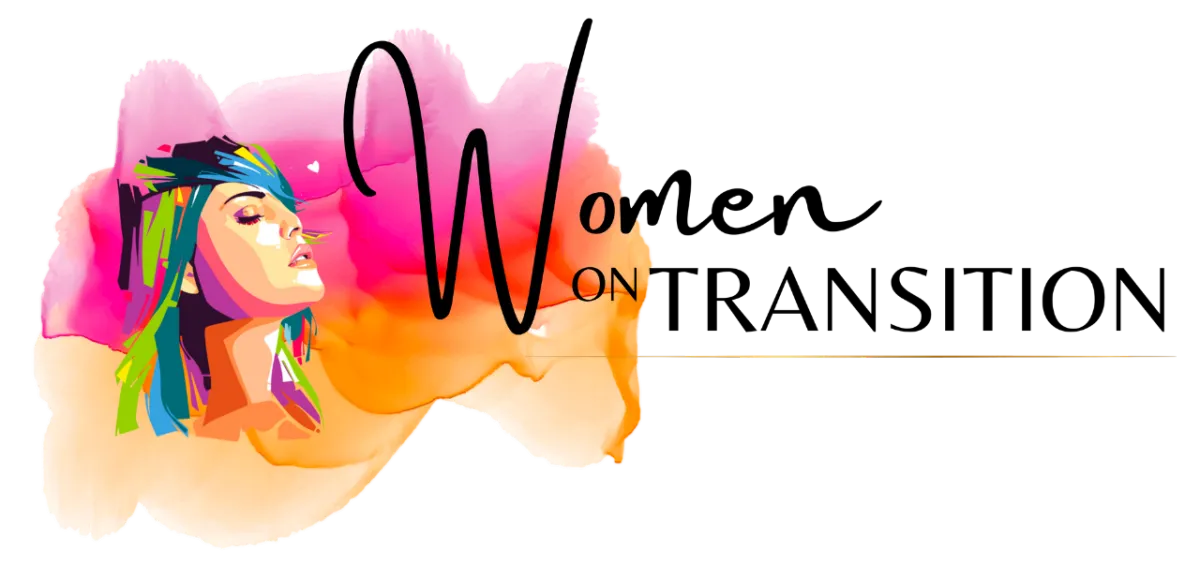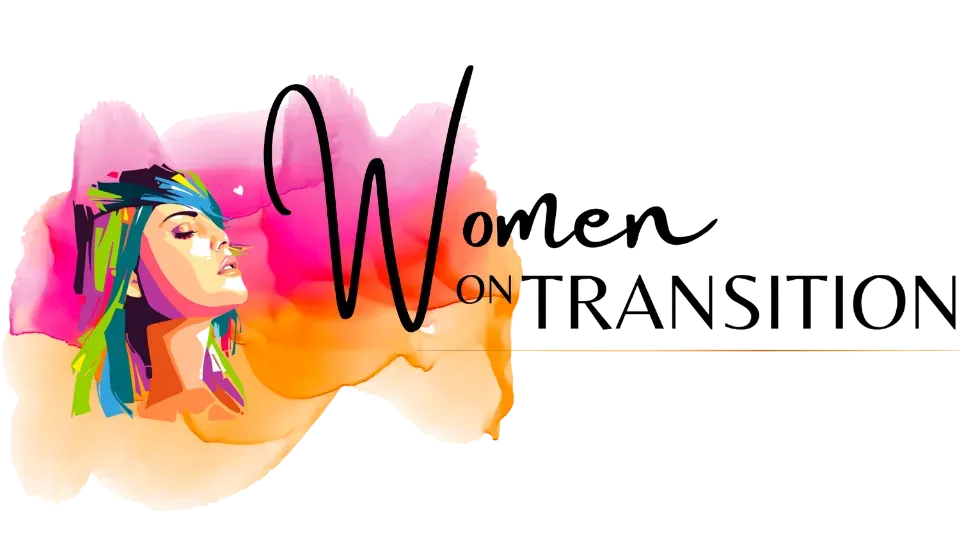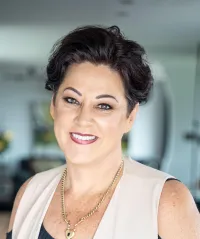Fiona & Sandra's Wise Woman's Blog...

It Requires A Balancing Act For Divorcing Women To Transition from Married to Single
In today's fast-paced and demanding world, professional women often find themselves juggling multiple responsibilities. Careers, families, and social obligations already create a busy schedule, but when you add the complexities of a divorce into the mix, the balancing act becomes even more challenging. This article explores the intricate dance that professional women must navigate when transitioning from married life to singlehood, and how they manage to maintain their careers and personal lives during such a pivotal time.
The Multifaceted Challenge
Divorce is a life-altering event that can impact every aspect of a person's life. For professional women, the transition from married to single can be particularly daunting. According to a report by the Australian Psychological Association, approximately 40-50% of marriages in Australia end in divorce. This statistic underscores the prevalence of divorce and highlights the importance of addressing its impact on working women.
For many professional women, their careers are not just a source of income but also a significant part of their identities. Balancing work responsibilities while dealing with the emotional and logistical challenges of divorce requires exceptional resilience and time management skills. Women in senior positions or those running their own businesses face unique pressures, as their presence and decision-making are often integral to their organisations' success.
Maintaining productivity during such a tumultuous time can be difficult, yet many women rise to the occasion. Some lean on their professional networks for support, while others find solace in the structure and routine that work provides. It is crucial for employers to recognise the potential impact of personal crises like divorce on their employees and to foster a supportive environment that allows for flexibility and understanding.
Beyond the office, professional women must also manage their family responsibilities, which can be particularly challenging during a divorce. For those with children, ensuring their well-being while navigating custody arrangements and emotional adjustments adds another layer of complexity. A study by the Pew Research Center found that women, on average, spend more time on childcare and household responsibilities than men, even when both partners work full-time.
Divorcing women often bear the brunt of these duties, which can lead to feelings of being overwhelmed. Many rely on a strong support system of family and friends, or seek professional help from therapists and counsellors, to guide them through this transition however what has been proven to be more beneficial is to work with a divorce recovery coach. It is essential for these women to prioritize self-care and set boundaries to prevent burnout.
The emotional toll of divorce cannot be understated. The end of a marriage often brings about feelings of loss, anger, and uncertainty about the future. This emotional upheaval can affect a woman's performance at work and her interactions with family and friends. Building emotional resilience is key to navigating this challenging period.
Some women turn to personal development resources, such as personal development coaching, books, workshops, and online communities, to gain insights and coping strategies. Others find strength in mindfulness practices, such as meditation and yoga, which can help manage stress and promote emotional well-being. By fostering a positive mindset and focusing on personal growth, women can emerge from divorce with a renewed sense of purpose and direction.
The transition from married to single is undoubtedly a complex journey for professional women, filled with both challenges and opportunities for growth. By balancing career demands, family responsibilities, and emotional resilience, these women demonstrate incredible strength and adaptability. As we continue to support and empower women in the workforce, it is vital to recognise the unique challenges they face and foster environments that promote their success.
I invite you to share your thoughts and experiences in the comments below. How have you or someone you know managed the balancing act during a divorce? What strategies or resources have been most helpful? Let’s create a supportive dialogue and offer insights that can benefit others navigating this journey.
If you are a women going through this transition, get some free resources here.
Fiona May & Sandra Lee
Head Coaches at Women On Transition


